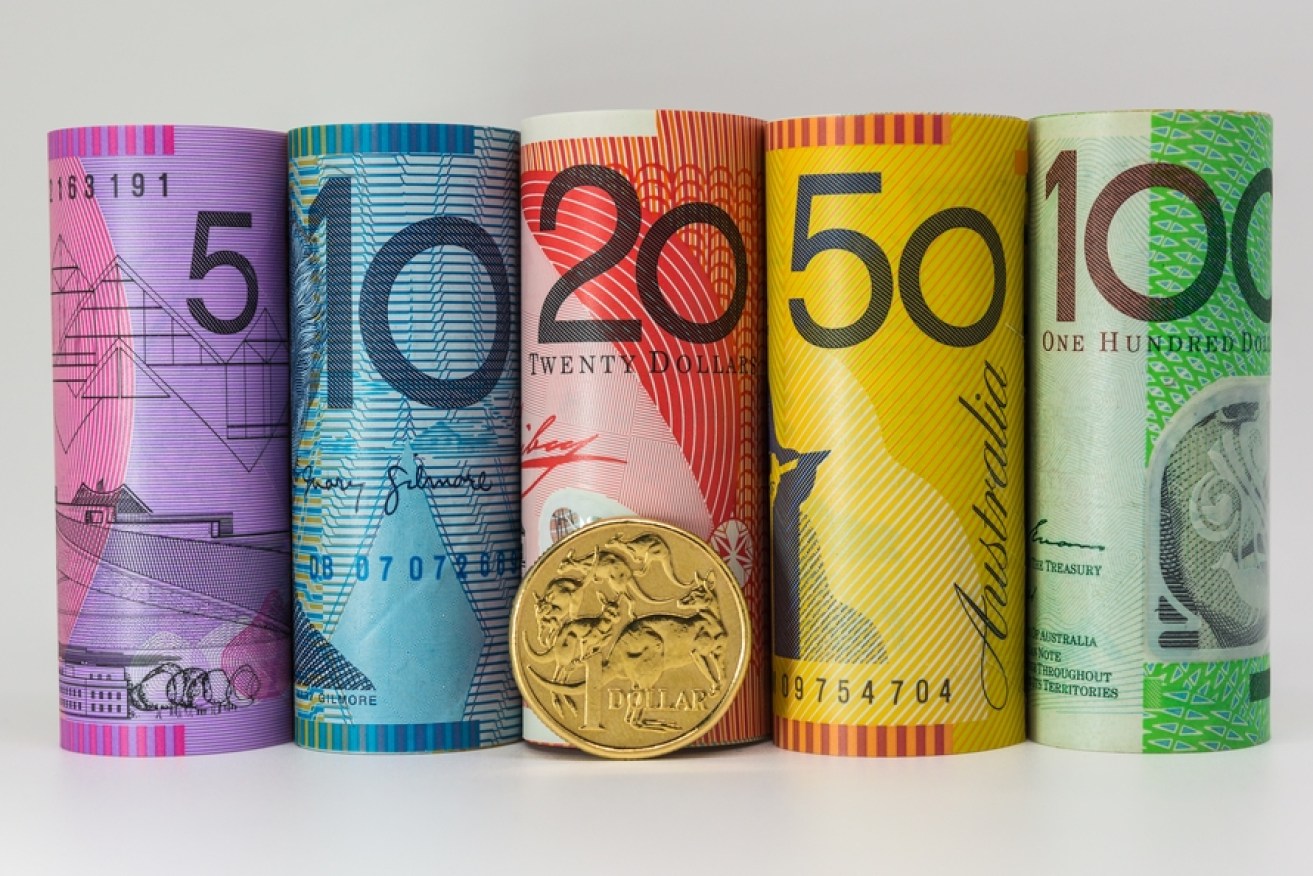A bit rich: Aussie wealth at record highs, but don’t pop the champagne yet
The average wealth of Australians was now $556,000, a rise of almost 20 per cent over 2021, according to CommSec.


The total wealth of Australians was now $627 billion and bolstered by last year’s surge in housing prices, which continue to climb in Brisbane.
“Aussie households are well placed to put additional money to work in equities, with a record $3.7 billion in superannuation reserves, $1.46 billion in cash and deposits and $1.2 billion in listed equities held in the December quarter,” CommSec senior economist Ryan Felsman said.
The increase in the value of shares held by Australians increased by $25 billion in the December quarter, or 2.1 per cent while superannuation reserves had increased by $96 billion and now made up 54 per cent of all financial assets, well above the long term average of 45 per cent.
Felsman said while wage growth was tepid the value of assets surged, supported by record low interest rates and government stimulus measures such as HomeBuilder.
Data from APRA also showed that Australians had $254 billion in excess savings which had allowed households in invest in shares and property.
However, the massive amount of wealth has not made Australians feel any more comfortable.
According to ANZ, consumer confidence plunged 4.8 per cent in mid March, falling to its lowest level since early September 2020. Confidence fell across all states and territories.
“On the other side of the ledger, household liabilities rose by 2.2 per cent, or $58 billion, in the December quarter driven by a $41.8 billion lift in housing debt, or loans,” Felsman said.
Renters have also been hit. Ray White found that rents had grown on average by $70 a week in Queensland in the past year.
Ray White economist Nerida Connisbee said there were no signs of rental increases slowing.
“International borders have now opened and we are set to see more people coming to Australia than leaving. This includes both international students who tend to look for accommodation close to universities, as well as migrants who tend to rent in places that already contain high proportions of people born in the same country,” Conisbee said.
“Flooding in big cities like Brisbane, as well as in regional areas, mean that many homes have become uninhabitable or require a lot of work. More people will require rental accommodation, as well as there now being fewer rental properties.
“Construction costs are rising rapidly and as a result new housing supply will be restricted.
“The upcoming federal election may mean investment in rental housing is further restricted, particularly if policy changes are again proposed by the opposition with regards to negative gearing and capital gains tax concessions.”












